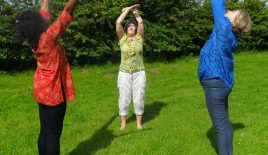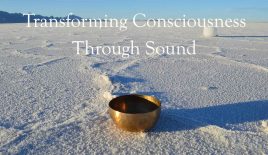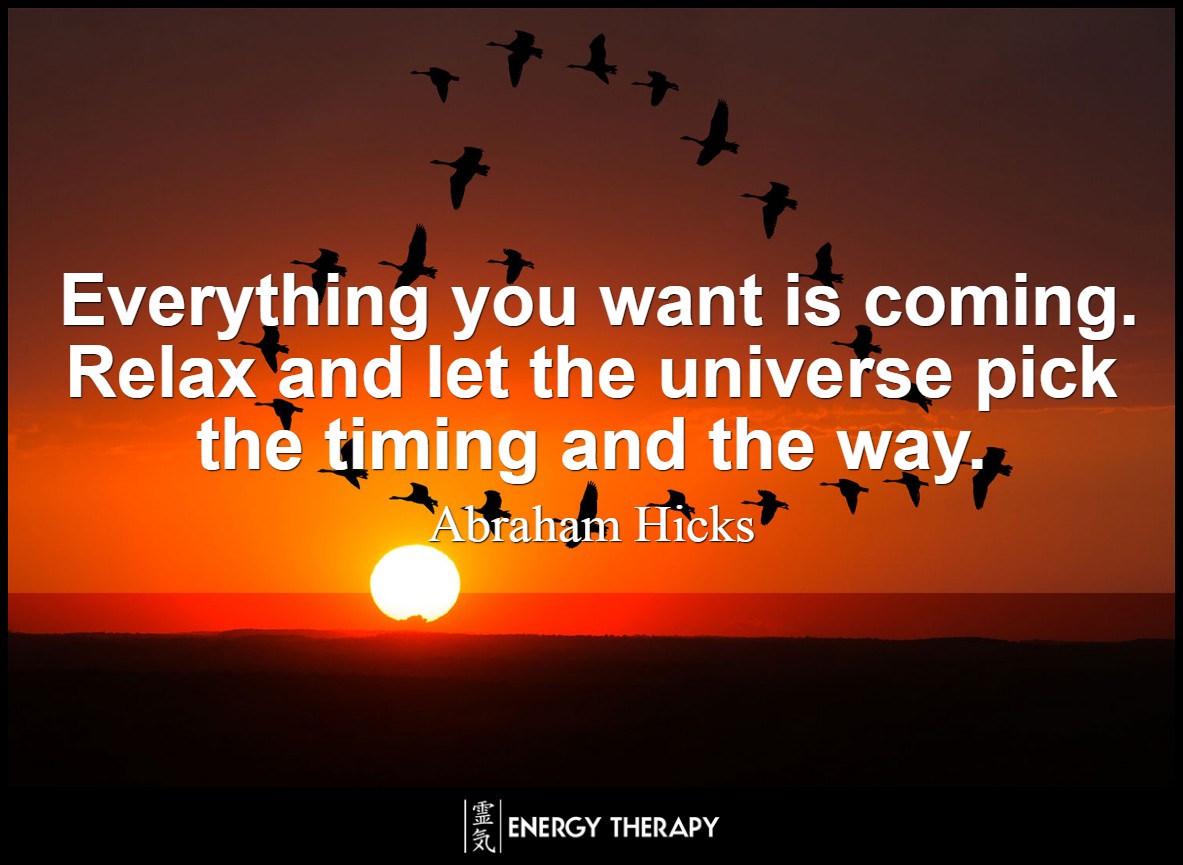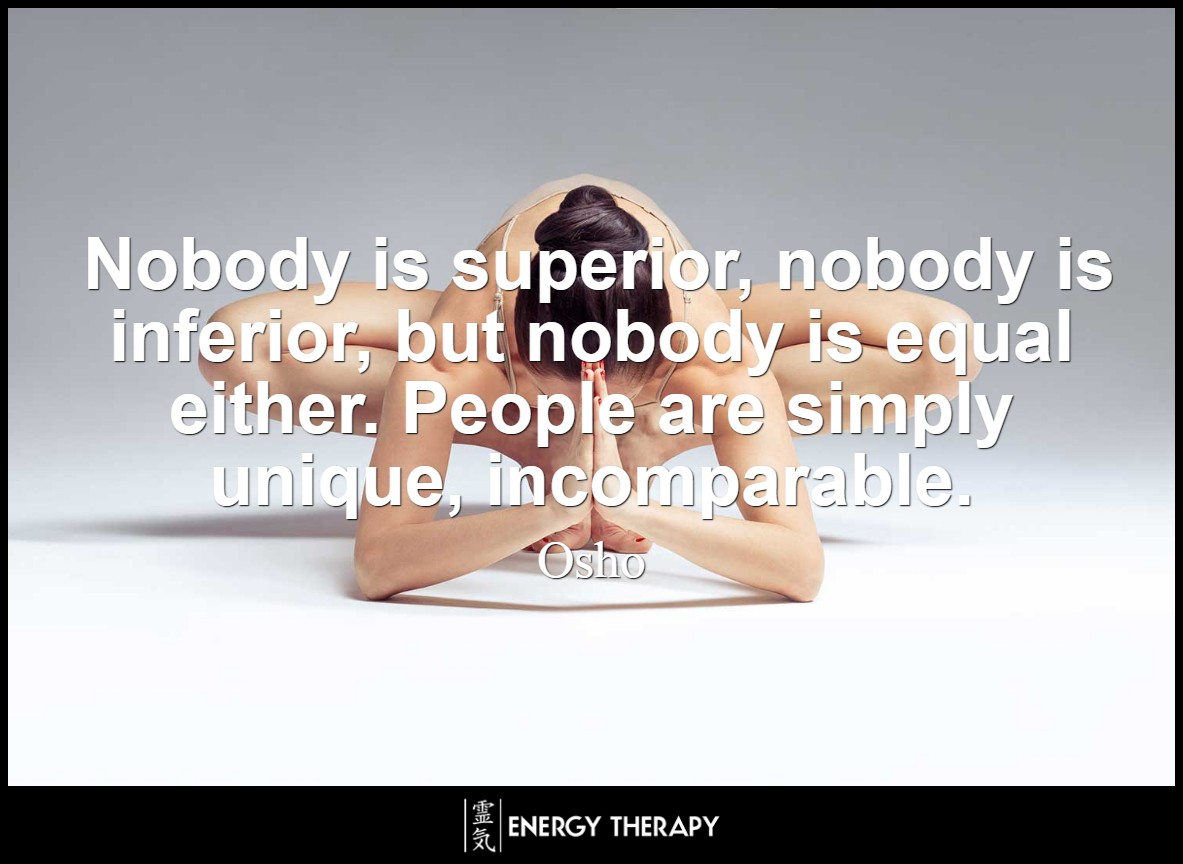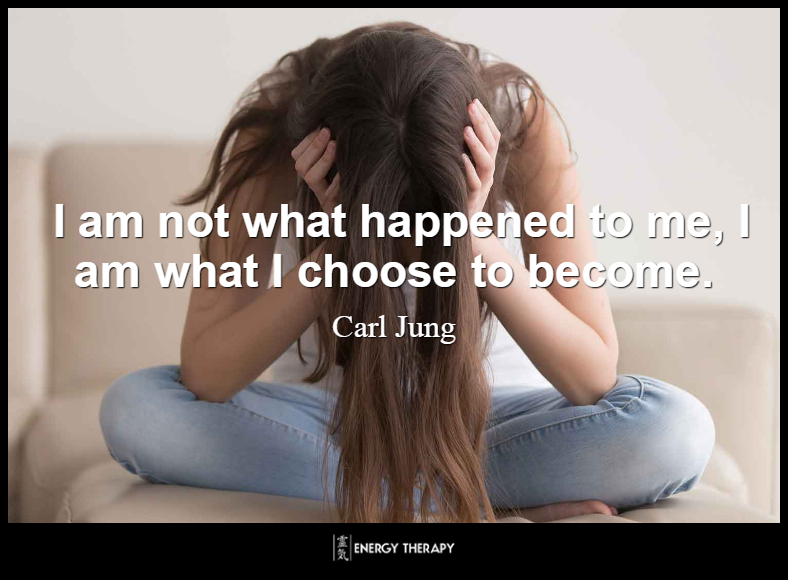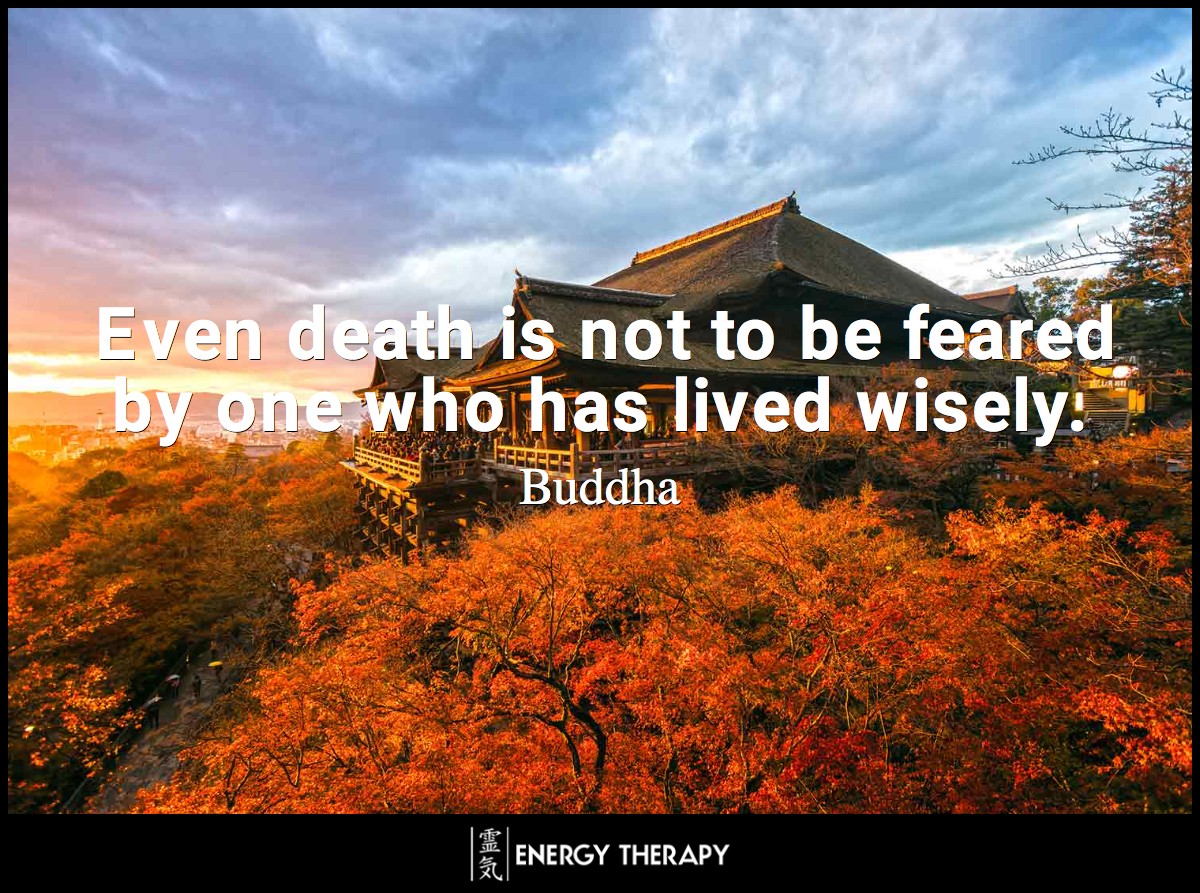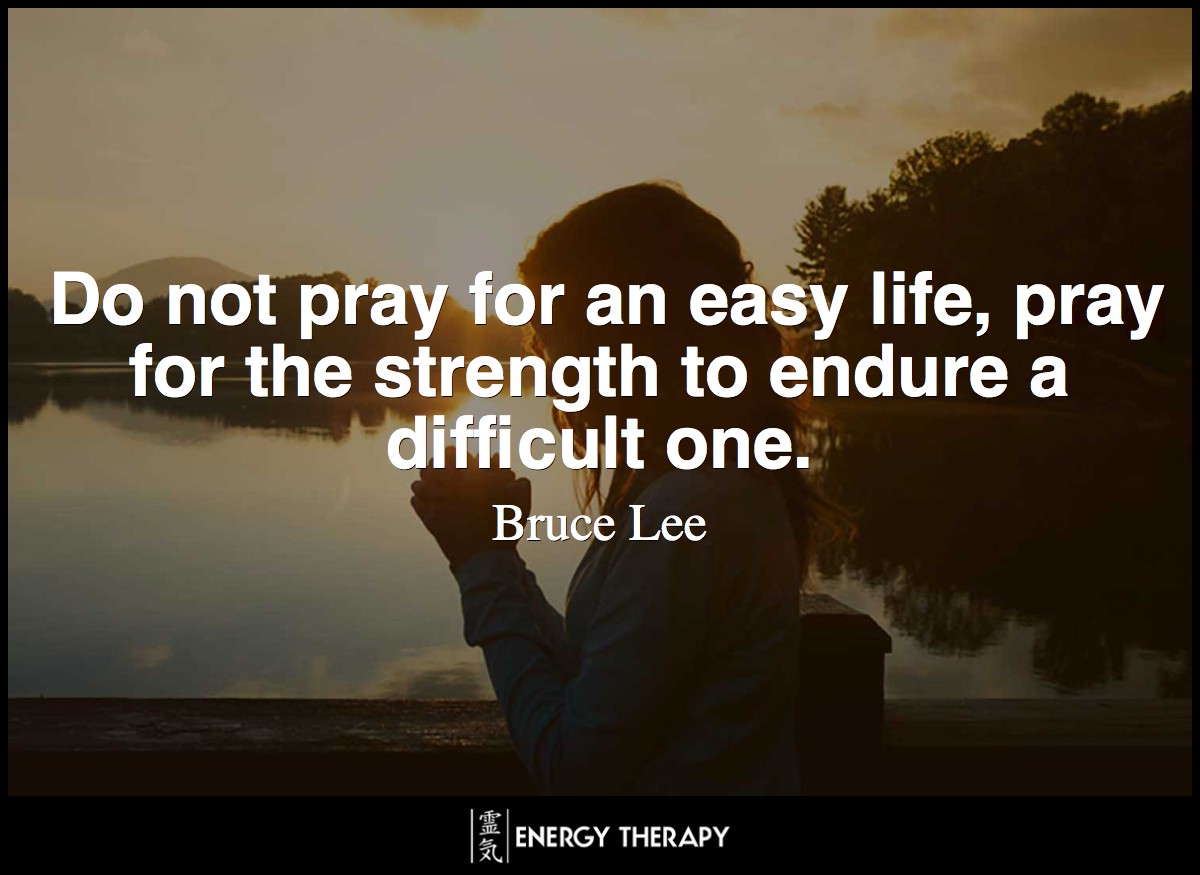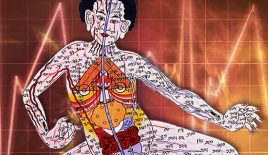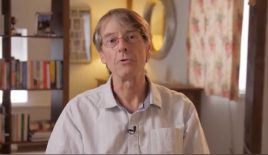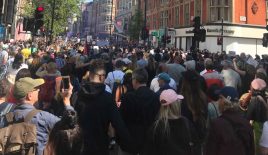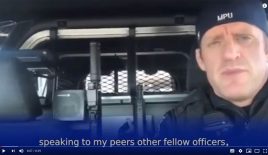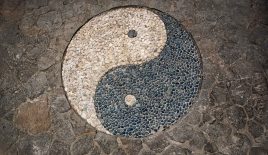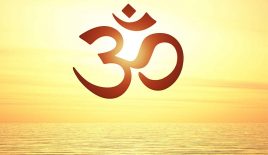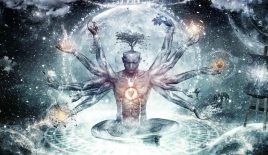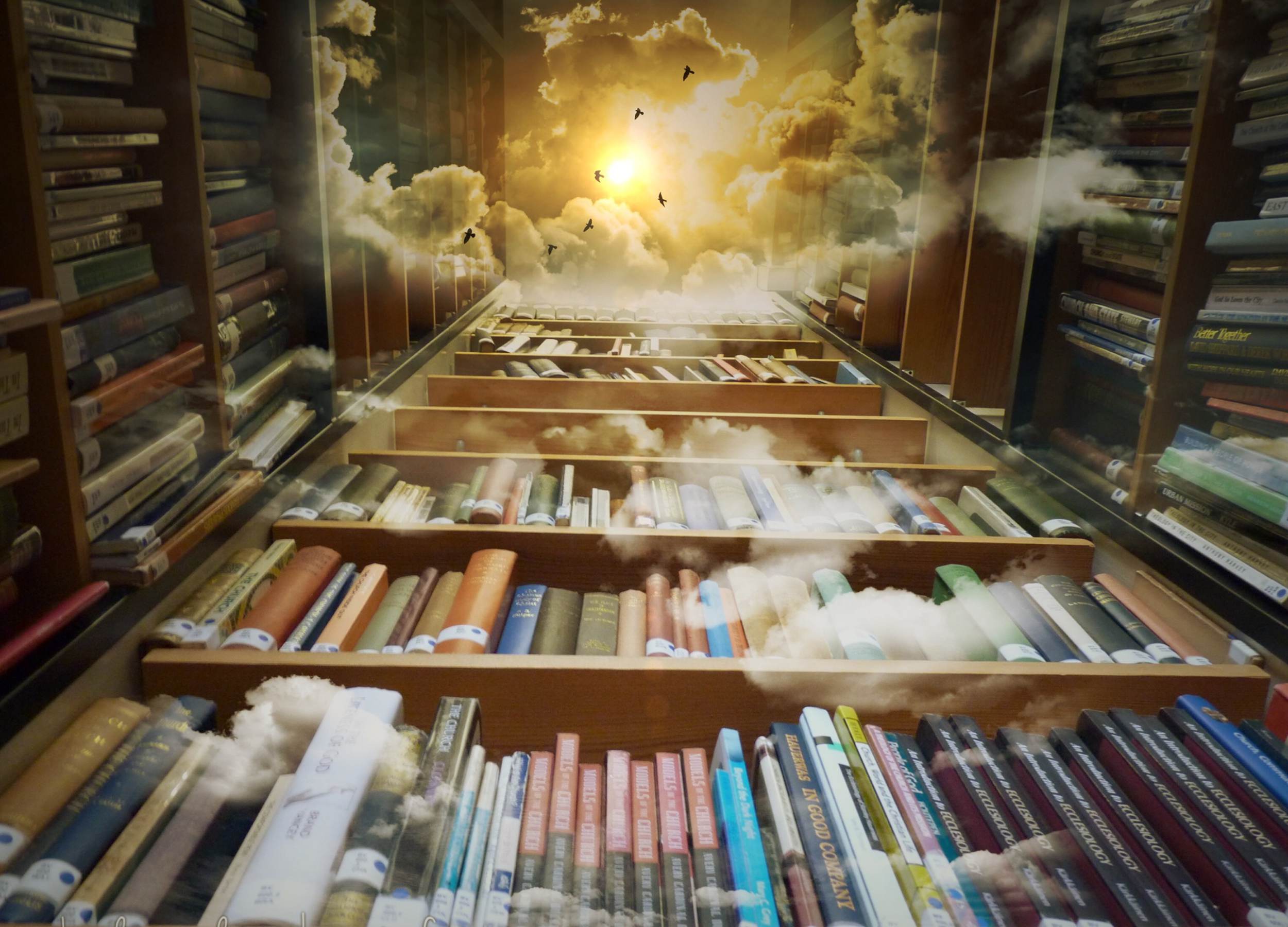Zen Buddhist Story: The Farmer’s Son
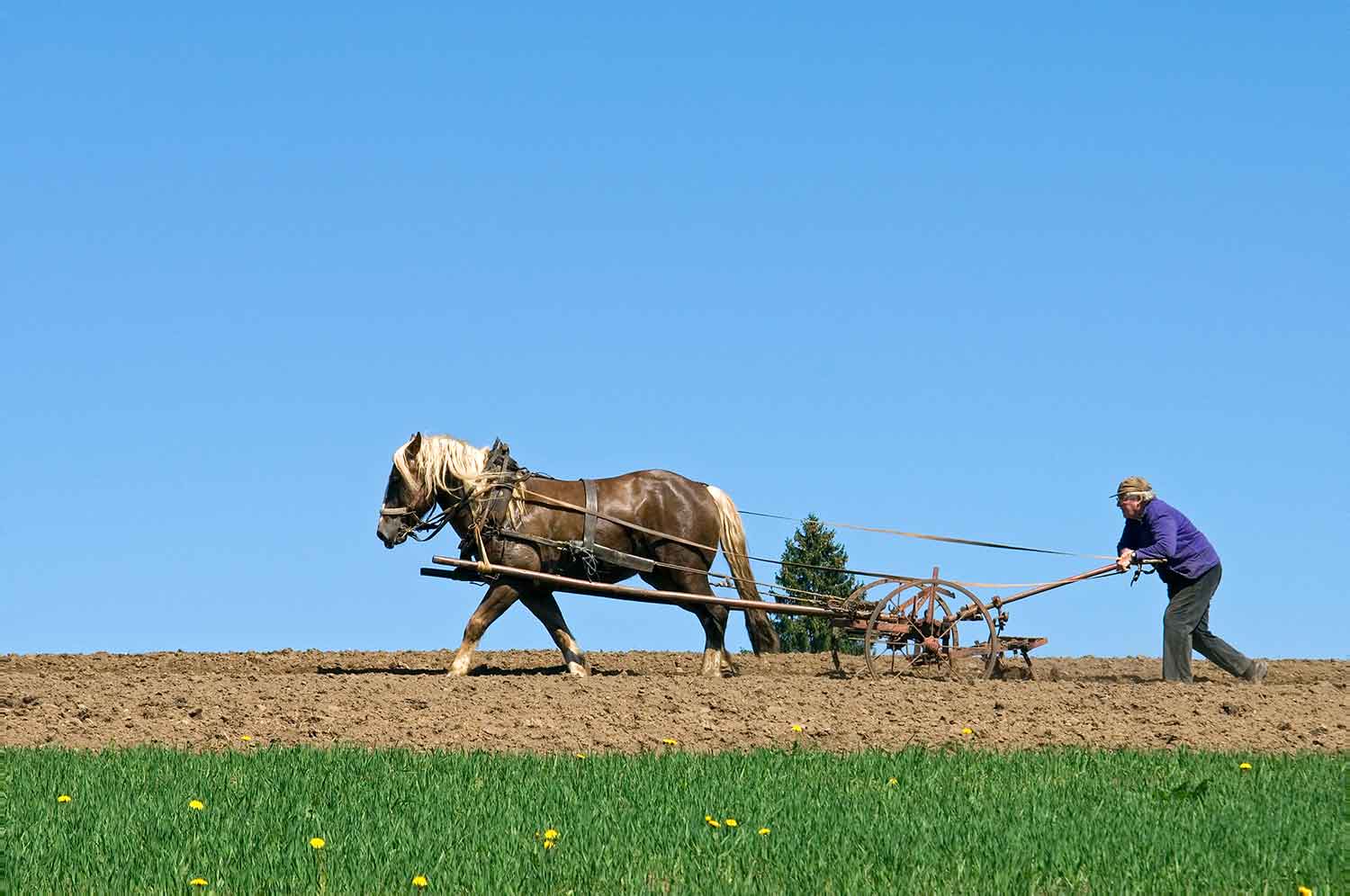 At some point in our lives, we become aware that there is not only birth, growth, success, good health and winning all the time – there is also loss, failure, sickness, old age, decay, pain and, finally, death. The latter sounds morbid to most – and the human mind likes to avoid or deny its reality. But is the latter so bad?
At some point in our lives, we become aware that there is not only birth, growth, success, good health and winning all the time – there is also loss, failure, sickness, old age, decay, pain and, finally, death. The latter sounds morbid to most – and the human mind likes to avoid or deny its reality. But is the latter so bad?
Sooner or later, disorder will irrupt into everyone’s life, so matter how well today’s media paint rosy pictures of celebrity fame and fortune.
And you can be sure death is on the horizon since death is a part of life. When you enter into life, you enter into death. Yin and yang are one, the universe is an indivisible whole, intricately weaved together in which all things are interconnected, in which nothing exists in isolation.
This means, ultimately, that our mental labels of good and bad are illusory. They are not ultimate truth. In fact, something might appear to be ‘good’ but turn out badly, and vice versa.
This Zen story sums it up perfectly….
Enjoyed this article and want to know more? Here are some easy steps you can take right now…
- Book a life changing “remote healing session” with Soul Guidance with Jaime: https://www.energytherapy.biz/energy-healing-with-jaime-tanna/
- Join Jaime’s fantastic 1 year Energy Coaching Program: Total Frequency Shift — Discover Radiant Health & Freedom
- Sign up for Jaime’s exciting new substack at https://energytherapy.substack.com/https://energytherapy.substack.com/




